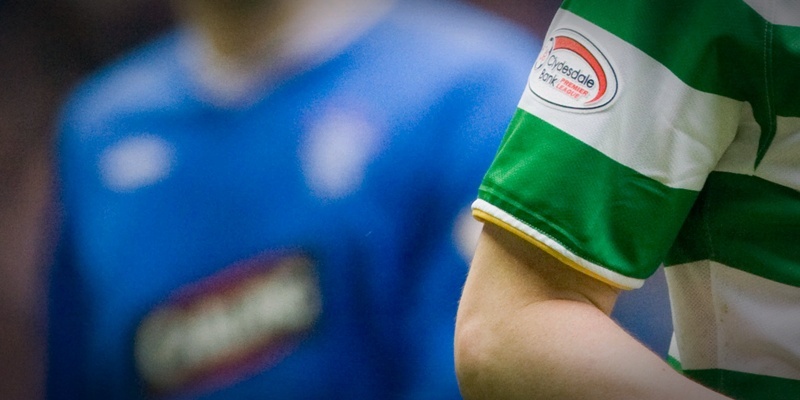Calling opposing football fans “Huns” is not sectarianism, the chairwoman of a Celtic supporters group has told MSPs.
Jeanette Findlay, of the Celtic Trust, made the controversial claim to the Scottish Parliament’s justice committee while giving evidence about Alex Salmond’s planned crackdown on football-related bigotry.
“It’s never been used to refer to a Protestant or any member of any religious group it refers to a Rangers supporter,” she insisted.
“And up until a few years ago Rangers supporters referred to themselves as Huns. It doesn’t have any religious connotation whatsoever, it never has.”
Ms Findlay compared it to Celtic fans being known as Tims, which she didn’t find offensive, the committee heard.
“Sometimes it refers to Hearts because we call them the wee Rangers,” she added. Her comments came as former Scotland player Pat Nevin revealed he had stopped taking his son to Celtic matches because of sectarian chanting in praise of the IRA.
Mr Nevin, who played in the 1980s and 90s for clubs including Chelsea, Everton and Motherwell, said he had been “driven from the club he loves” and hoped “good legislation would go through”.
Meanwhile, Mark Dingwall, board member of the Rangers Supporters Trust, said Ibrox fans felt particularly targeted by the proposed new laws.
“What our fans and organisations have started to say is if we have to clean up our act, everyone else has to do the same.””Fair game””So, therefore, everything that is offensive, by any football club, whether it’s under regional rivalry, or under sectarian rivalry, or whether it’s just winding up the opposition, then it’s all fair game because if it’s going to happen to us it’s got to happen to everybody.”
Derek Robertson, a former communications director at Dundee United, also gave evidence to the committee in his current role with supporters group ArabTRUST.
He urged for a clearer definition of what constituted a sectarian crime and claimed growing up in Dundee he had “never been exposed” to sectarianism.
Greig Ingram, board member of the Aberdeen FC Trust, also questioned the wisdom of criminalising chants without a specific definition of what was not acceptable.
He said: “Would somebody chanting about my predilections for alleged activities with farmyard animals be offensive?”
Fans of Aberdeen, Hibs and Hearts football clubs were also represented at the session. And Abertay University sociology and criminology lecturer Dr Stuart Waiton said the bill risked creating an “authoritarian and illiberal society”.
He also repeated claims, first made in The Courier, that the resultant bill, if enacted, risks being seen as a “snobs’ law”.”Snobs’ law””We have a form of west-end dinner party etiquette being demanded at football. This is genuinely what’s happening. This is a snobs’ law, potentially. We’re targeting, specifically, football fans.”
The committee has already heard evidence from security chiefs at both Rangers and Celtic as well as Lord Advocate Frank Mulholland and the chairman of the Scottish Police Federation.
The bill will create two offences on football-related behaviour regarded as offensive and threatening. One deals with disorder around matches, with the other relating to serious internet threats.
The legislation comes in the wake of high-profile incidents of football related sectarianism.
The SNP originally wanted to pass the bill before parliament went into recess ahead of the football season kicking off.
However, opposition parties raised concerns over the speed of change and First Minister Alex Salmond agreed it would not be rushed through.
Instead, the plans were opened up to further scrutiny with an aim to be in place on January 1.
